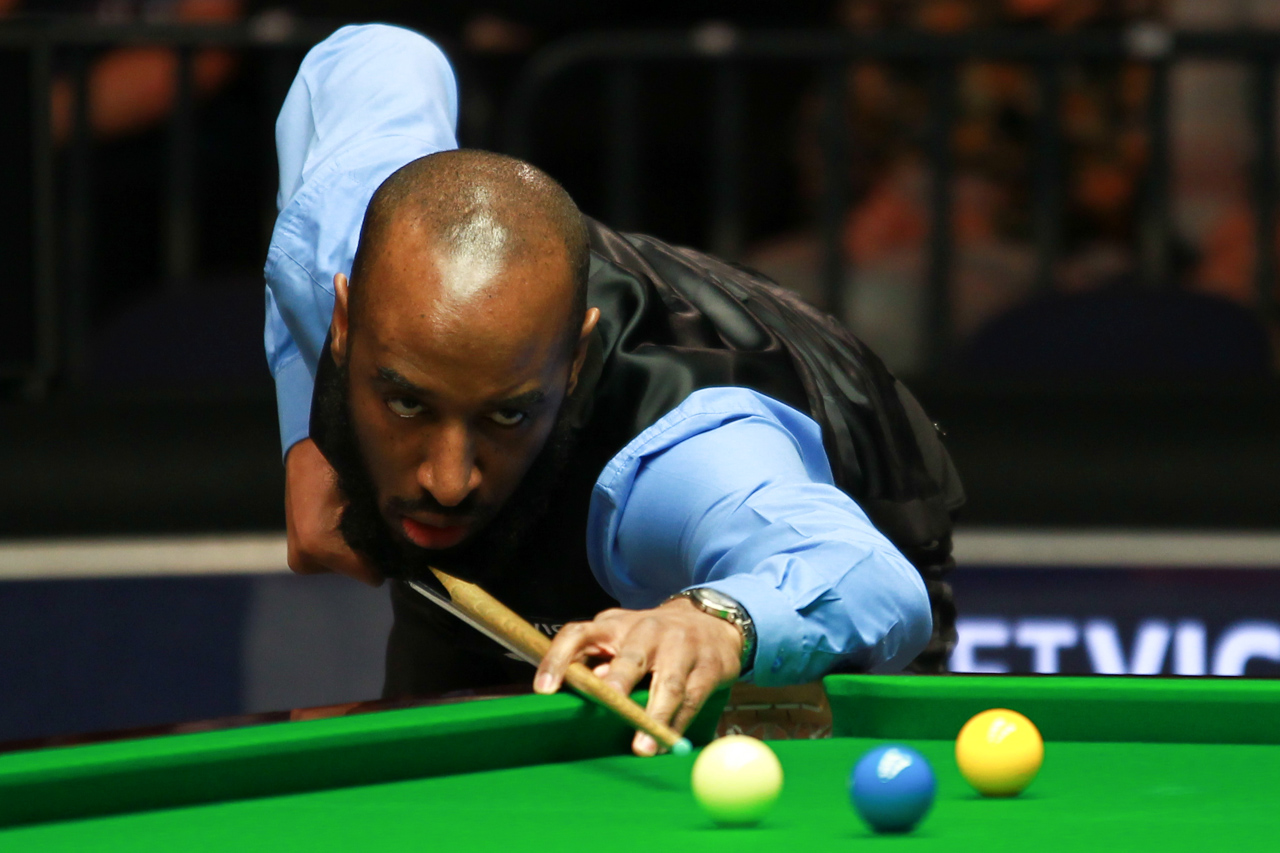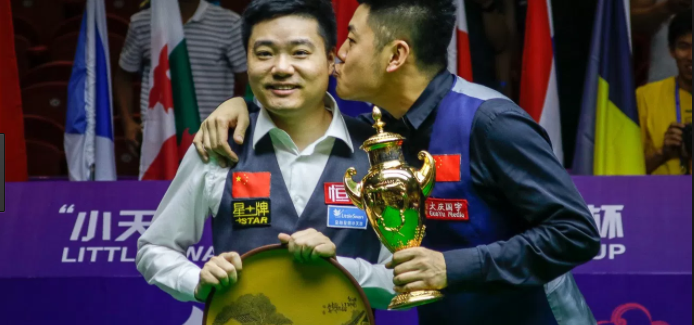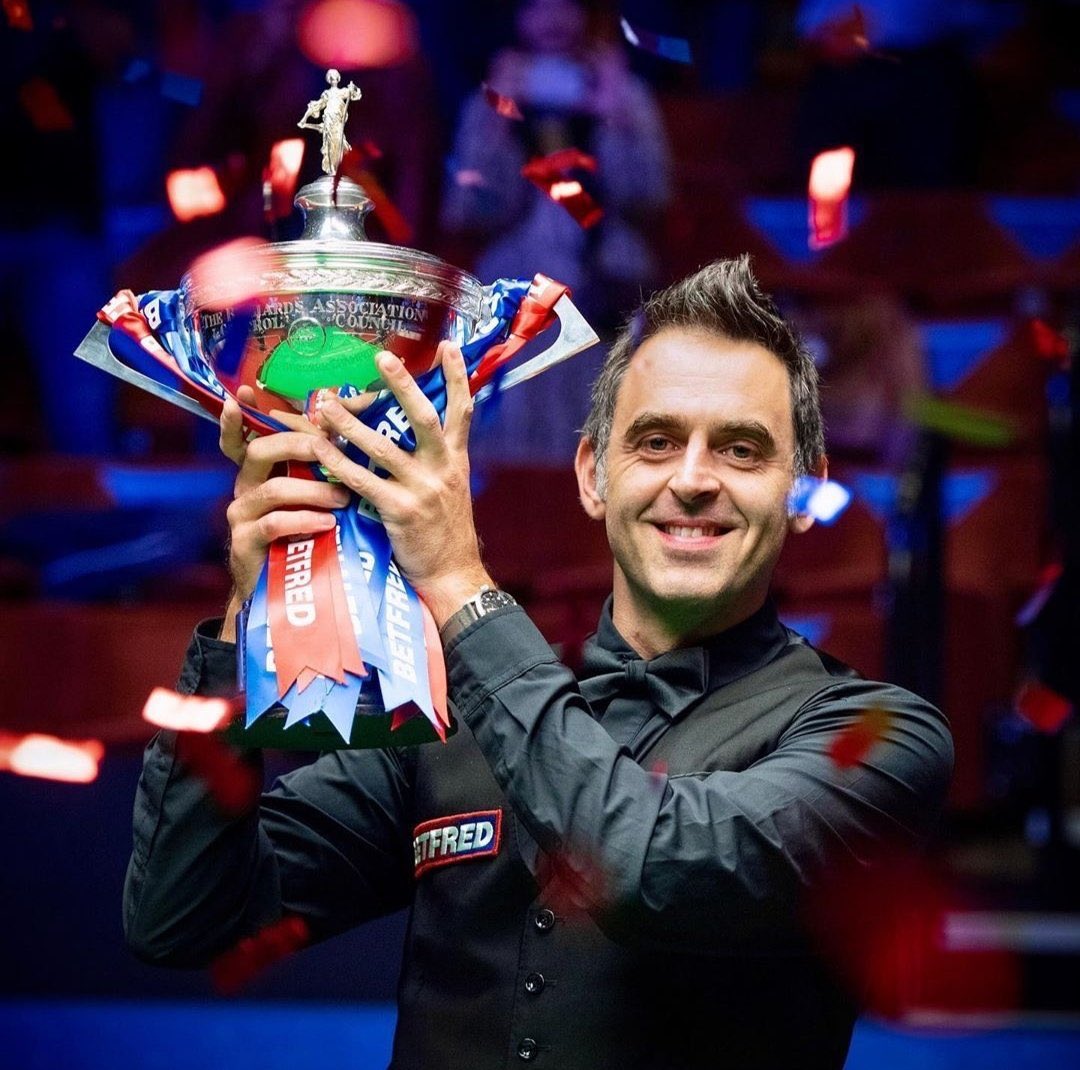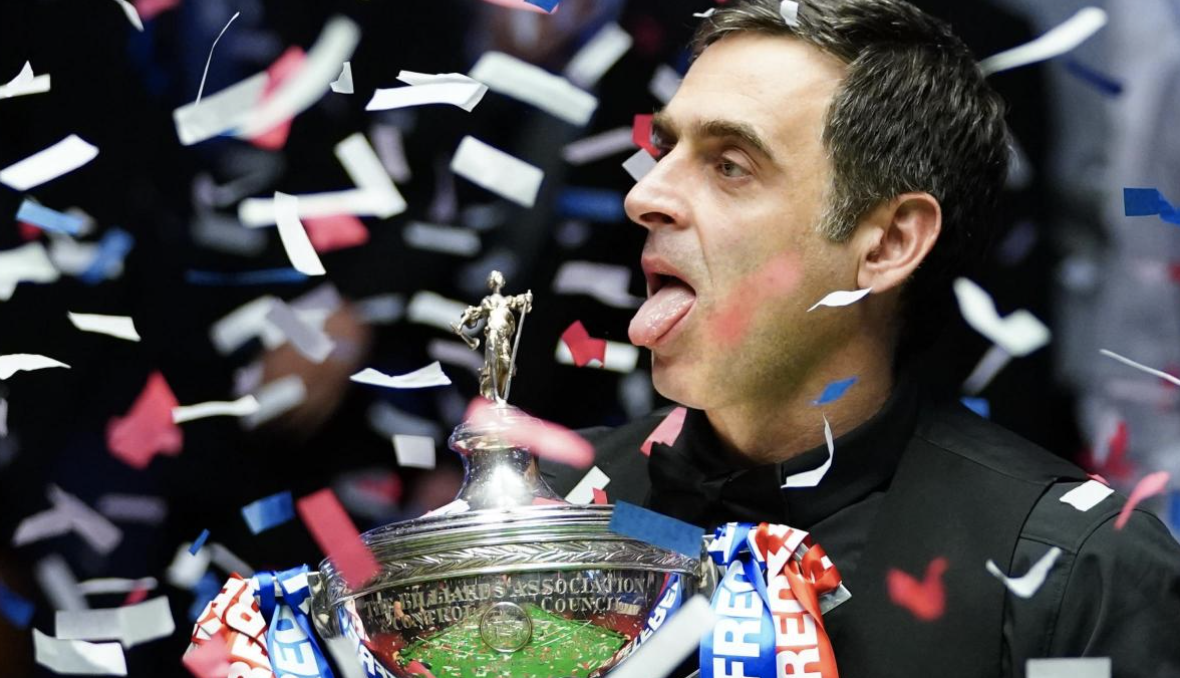The Challenge Tour is back! This is now the second year of The Challenge Tour, after the successful trail of the first year that saw table leaders David Grace and Brandon Sargeant automatically gain a professional tour card. Mitchell Mann, who finished 3rd on the tour, also received a tour card after more space on the tour became available. Mainly thanks the cutthroat suspensions surrounding Cao Yupeng and Yu Delu. Well done them.
What happened last year?
The first year of The Challenge Tour had a huge number of pros and cons. The main positive is that the amateurs have the opportunity to play competitive snooker in professional conditions. This is something everyone was craving for. This gives players a taster of what it is like to be a professional, especially with all the travelling that is expected of them.
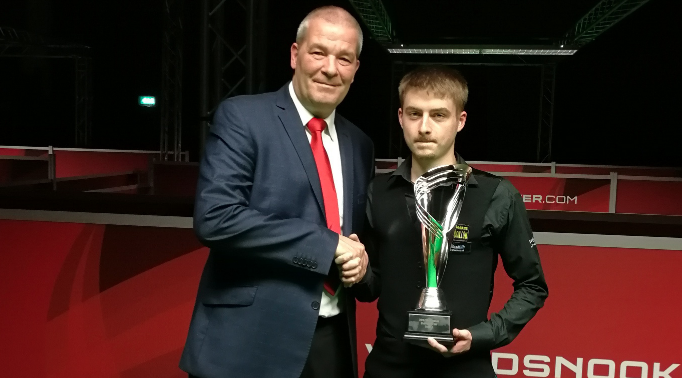
There is still a £2,000 cheque for the winner in each of the ten events. With a mix of former professionals and those trying to make their breakthrough, it is a thrilling combination.
Then there were a number of problems.
This is expected, since The Challenge Tour was just a try-out. The main issue was the lack of participation. Out of the ten events during 2018/2019, only one reached full capacity of 64 players. The talk of lack of scoreboards and referees led to many players of a different generation being critical of their spoilt attitudes. Finance has priced some competitors out of travelling abroad. There was also a lack of incentive in the last Challenge Tour. With two automatic places turning professional last year with no play-off, a lot of players would give up on their chances after a few early exits.
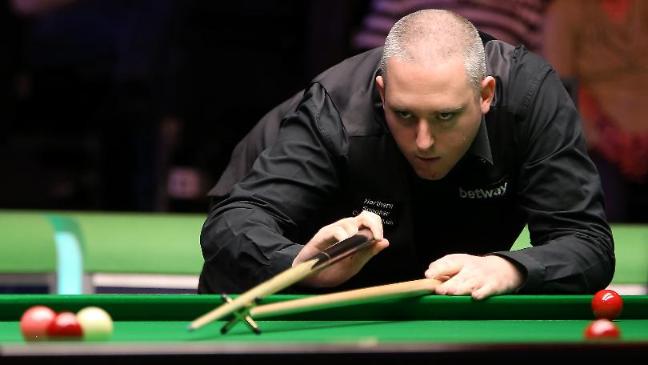
Have there been any changes since?
There have been a few. All of the changes and details are listed via this link, so I will have to summarise.
Scheduling
First off, the scheduling seems so much better. Last year, the first event commenced straight after Q School out of the blue. They had three events before August, yet there were just two events since the end of November. Now, the amateur tour feels much more spaced out, giving players ample time to organise themselves.
The first event starts in August, rather than at the start of June. Looking at the Challenge Tour calendar, there are still six UK-based events and four in Continental Europe. This time, because the Challenge Tour wasn’t rushed, a Latvian event has been replaced by a second tournament in Belgium.
Capacity
Wonderfully, this seems to have worked. The first event features 67 players, making this the first time on a Challenge Tour event to have pre-qualifiers and expand its capacity. It will start on Saturday 31st August and features former pros Sean O’Sullivan, Andrew Pagett and Rory McLeod and hot prospects in Belgian sensation Ben Mertens, Sean Maddocks and Ross Bulman.
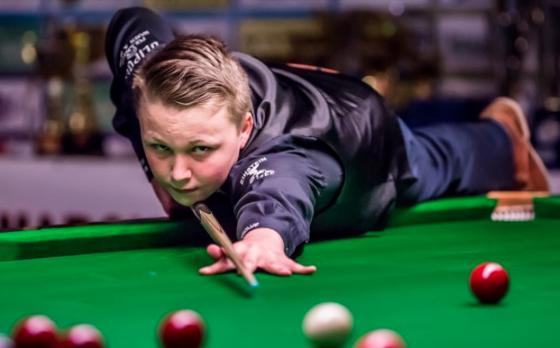
The full draw is here via this link. With Grace, Sargeant and Mann on the professional tour and 4th and 5th-placed David Lilley and Barry Pinches also qualifying via Q School, this will be very interesting and open indeed.
Qualification Structure
The other big change is who actually gets a tour card. Initially, the entire Top 16 was to be thrown into a play-off format at the end of the campaign. This change received an outcry from players alike. Many said it was grossly unfair for a player who got top of the league to receive the same award as those who finished 16th. Even Barry Hearn said it was a dumb decision!
After Barry Hearn gave the decision-makers a rough talking-to, the structure was revised. Whoever finishes top of The Challenge Tour Order of Merit was automatically receive a tour card. Then the next eight players will compete in a play-off for the second tour card. This move was applauded by many, considering the change was made swiftly the next day.
It wouldn’t surprise me if there will be further changes next year. In my opinion, the second spot should be automatic and the extra one will be rewarded via a play-off. The main tour relegates players for their lack of consistency over a two-year period, so The Challenge Tour should reward and promote more players on that premise.
The main reason why Q School was able to award 16 spots, which is more than usual, was because of the automatic suspensions of players as well as Zhao Xintong reaching the Top 64 on his first year of his tour card. Lots of think about regarding both The Challenge Tour and Q School in the future here.

Who is competing here?
Here is the lowdown, taken from the WPBSA website:
UK Events
- The top 56 players from the 2019 Q School ranking list
- Eight Wildcards, to be selected with the intention to promote the development of grassroots talent
- If necessary, the last-64 round will then be topped up with players on the Q School ranking list
European Events
- The top 56 players from the 2019 Q School ranking list. All 56 will be directly entered into the last 64.
- Eight Wildcards, to be selected with the intention to promote the development of grassroots talent.
- An unlimited number of further entrants will compete in pre-qualifying stages, playing down to the available places in the last 64
In terms of who is among the mix, there are a number of famous faces. The former pros include Christopher Keogan, German Lukas Kleckers, Ashley Hugill, Sydney Wilson and Paul Davison. Other youngsters include Ryan Davies, 2017 European Snooker Championship finalist Andres Petrov and Mark Allen’s stepson Robbie McGuigan, who scored a maximum last year.
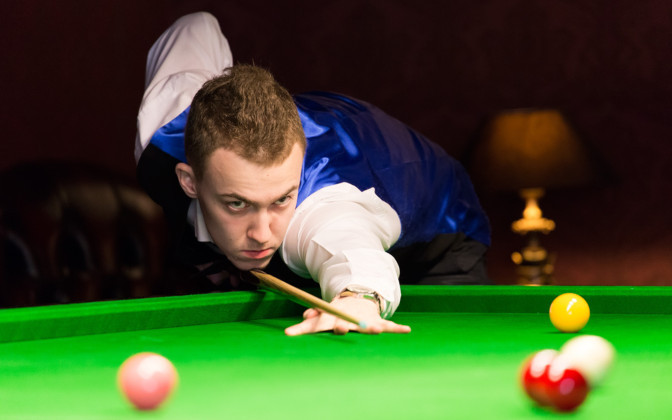
But the biggest name is undoubtably McLeod. He spent eighteen years on the professional tour, reaching the Last 16 of the World Championships twice and won one minor-ranking event. This was the 2015 Ruhr Open, where he defeated Tian Pengfei 4-2. His highest ranking was No. 32.
When is the first one?
The first event will take place in Ballroom Nürnberg in Nuremberg, Germany. It will start on Saturday 31st August and will finish on Sunday 1st September.
It has every chance to succeed. Looking forward to seeing this all pan out!

